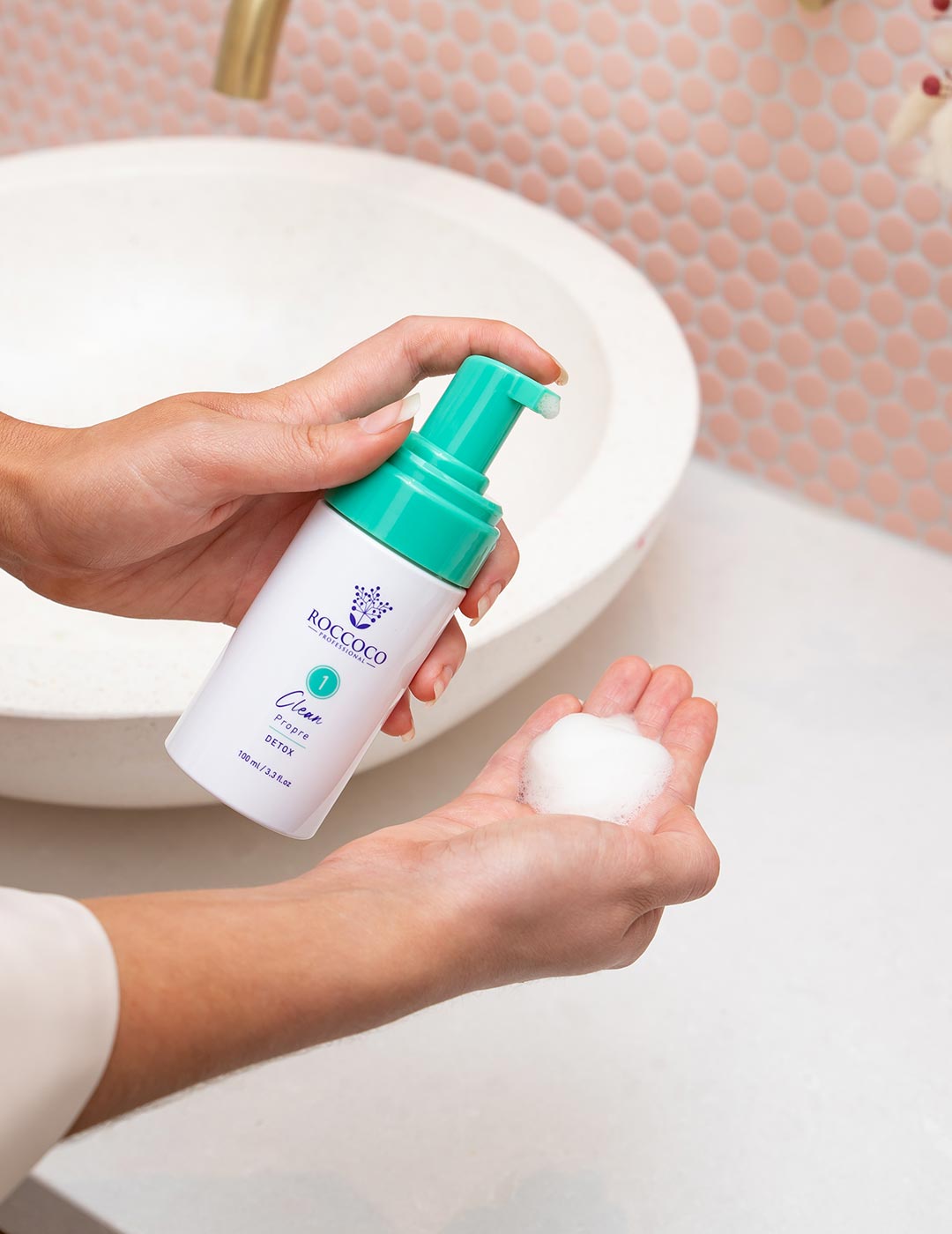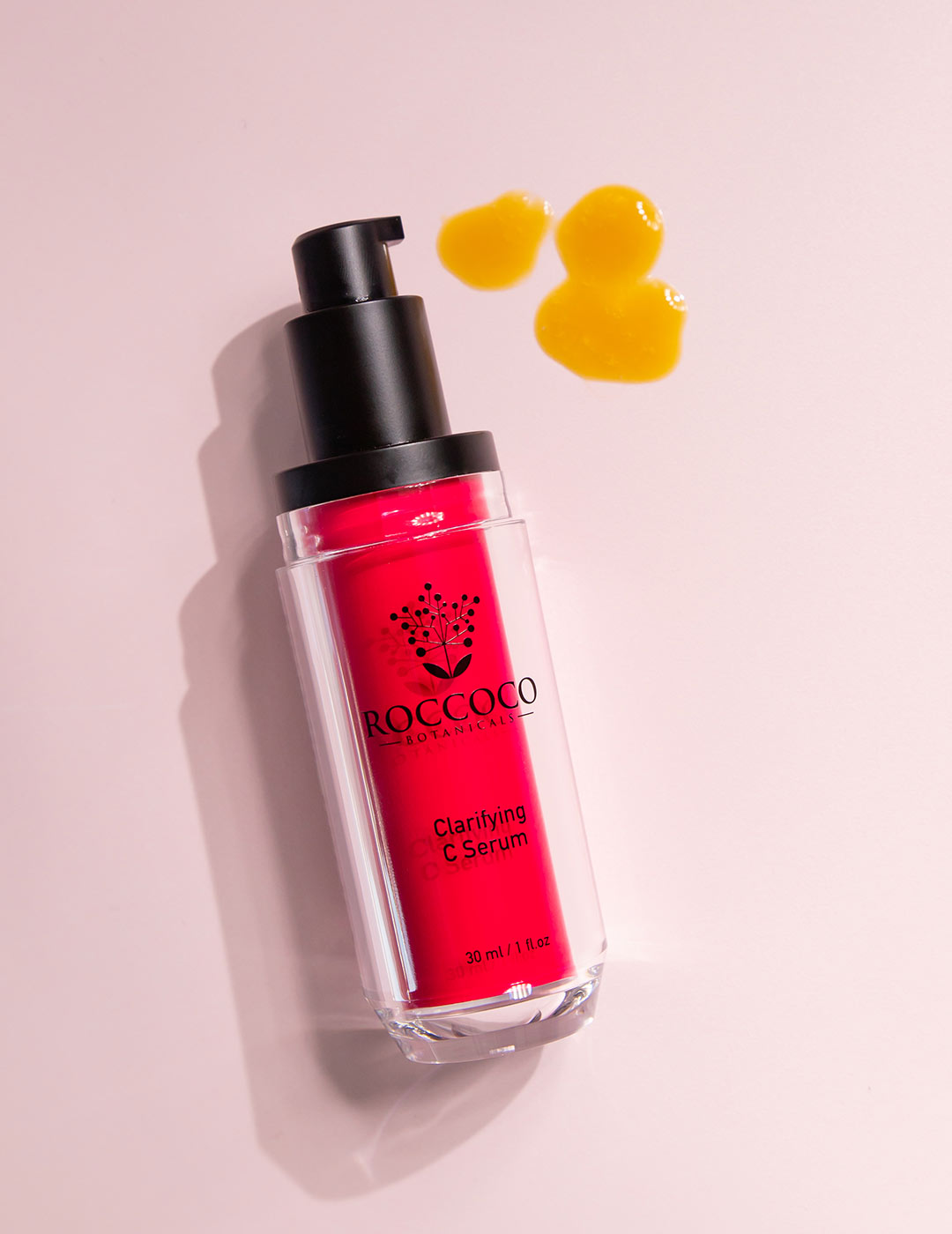Rosacea is a chronic skin condition that affects millions of people worldwide. Characterized by redness, visible blood vessels, and sometimes acne-like bumps, rosacea primarily affects the face and can cause significant discomfort and self-consciousness. While the exact cause of rosacea is not fully understood, various factors, including genetics, environmental triggers, and an overactive immune response, play a role. One key player in the development and exacerbation of rosacea symptoms is the TRPV1 channel.
What is TRPV1?
Transient Receptor Potential Vanilloid 1 (TRPV1) is a protein that acts as a sensory receptor. It is found in nerve endings and is known for its role in detecting heat and pain. When activated by high temperatures, acidic conditions, or certain chemicals like capsaicin (the compound that makes chili peppers hot), TRPV1 can cause a burning sensation and release inflammatory mediators. In people with rosacea, TRPV1 channels are often more sensitive, leading to increased inflammation and discomfort in response to triggers such as spicy foods, heat, and stress.

How TRPV1 is Involved in Rosacea
In rosacea, the overactivation of TRPV1 channels can lead to several symptoms:
- Redness and Flushing: TRPV1 activation can cause blood vessels to dilate, leading to the characteristic redness and flushing of rosacea.
- Inflammation: The release of inflammatory mediators from TRPV1 activation contributes to the chronic inflammation seen in rosacea.
- Pain and Discomfort: The heightened sensitivity of TRPV1 channels can result in increased stinging, burning, and itching sensations.
Introducing Delisense Peptide
Addressing the discomfort and inflammation associated with rosacea requires targeted treatments that can calm the skin and reduce sensitivity. One such innovative ingredient is Delisense peptide. Delisense is a peptide specifically designed to inhibit the activity of TRPV1 channels, thereby reducing inflammation and sensitivity.
How Delisense Works
Delisense peptide works by blocking the activation of TRPV1 channels. By doing so, it helps to:
- Reduce Redness and Flushing: By preventing the dilation of blood vessels, Delisense helps to minimize the appearance of redness and flushing.
- Calm Inflammation: Inhibiting TRPV1 reduces the release of inflammatory mediators, leading to a calmer, less irritated complexion.
- Alleviate Discomfort: By decreasing the sensitivity of the skin, Delisense can help alleviate the stinging, burning, and itching sensations often experienced by those with rosacea.
Hydrating Mask with Delisense Peptide
We have harnessed the power of Delisense peptide in our Hydrating Mask, a cooling and calming creamy gel mask designed specifically for dry, fragile, and ultra-sensitive skin types, including those with rosacea.
Product Description: Saturate the skin in hydration with this cooling and calming, creamy gel mask designed to alleviate the discomfort associated with dry, fragile, and ultra-sensitive skins. Experience immediate short-term barrier repair and enhance your skin's ability to retain hydration while alleviating stinging, irritation, and itching. The perfect overnight mask to quench a thirsty skin.
By incorporating Delisense peptide, our Hydrating Mask provides immediate relief and long-term benefits for those struggling with rosacea. The mask not only hydrates and repairs the skin barrier but also actively works to calm inflammation and reduce sensitivity, making it an essential part of your skincare routine.

Conclusion
Rosacea can be a challenging condition to manage, but understanding the role of TRPV1 channels and utilizing targeted treatments like Delisense peptide can make a significant difference. Our Hydrating Mask with Delisense peptide offers a comprehensive solution, providing immediate hydration, barrier repair, and relief from the discomfort associated with rosacea. Try it overnight and wake up to calmer, more comfortable skin.
Read more

Derived from the fruit of the Kalahari melon, this natural oil is packed with nourishing properties that will leave your skin looking radiant and feeling rejuvenated. Rich in antioxidants, Kalahar...

Have you ever noticed how everyone is obsessed with active ingredients in skincare products? From retinol to hyaluronic acid, these actives promise a plethora of benefits, from reducing wrinkles to...



